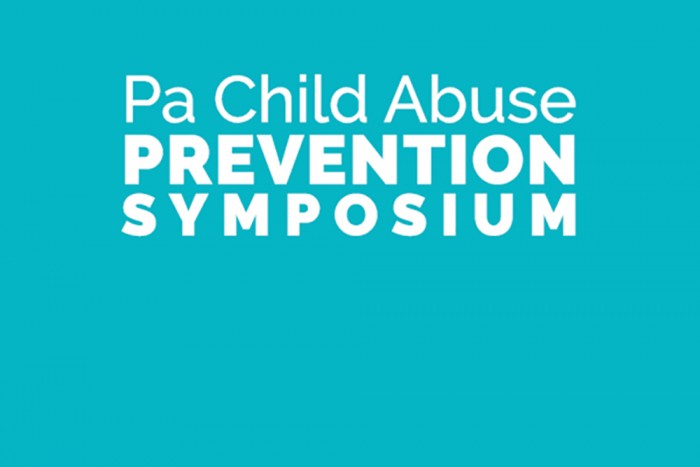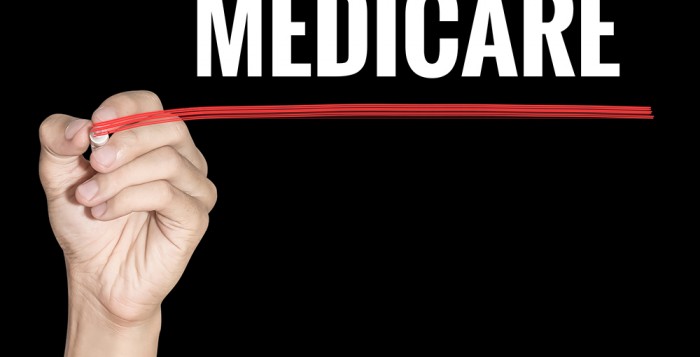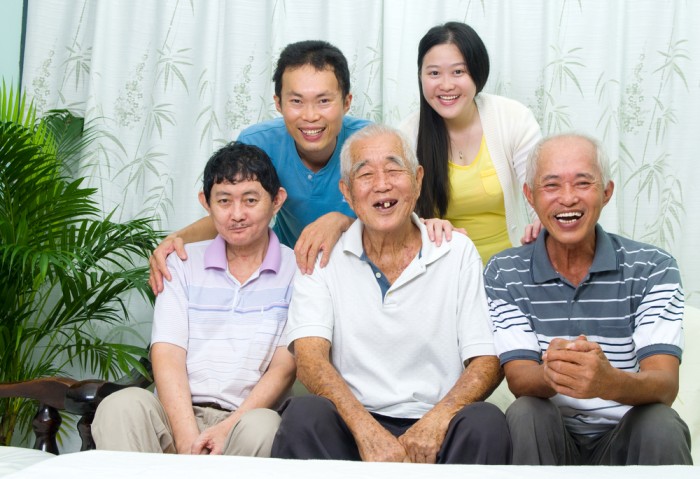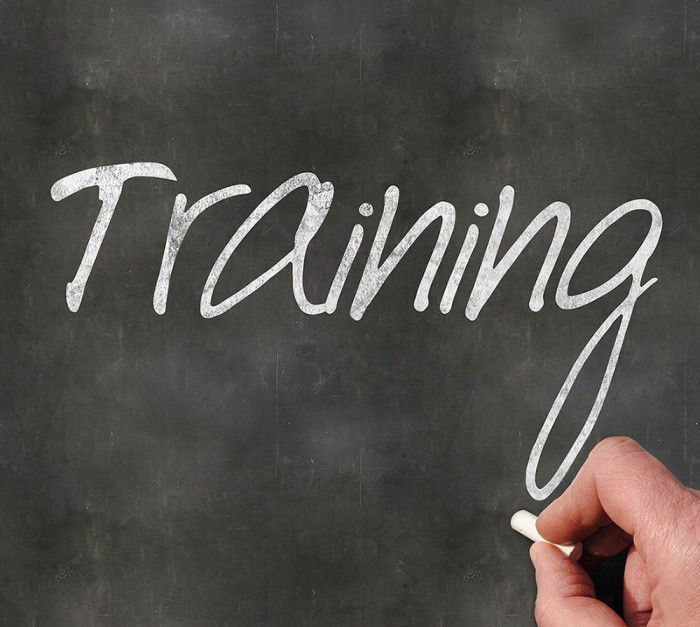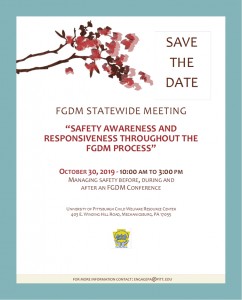Department of Human Services Highlights Resources for Families Supporting People with an Intellectual Disability or Autism
(From DHS)
Harrisburg, PA (July 15, 2019) – The Department of Human Services’ (DHS) Office of Developmental Programs (ODP) today highlighted programs and services offered to families of individuals who have an intellectual disability or autism (ID/A). The nationally recognized approach, LifeCourse Framework, assists families to support their family member to live an everyday life.
“We are committed to helping individuals access opportunities to support their goals and dreams, and that includes helping their families understand how to help support them to live an everyday life,” said DHS Secretary Teresa Miller. “It is important to continue to review best practices for helping individuals with intellectual disabilities and autism. The LifeCourse approach is this best practice. LifeCourse is focused on planning for a good life throughout someone’s lifespan and supporting families.”
The LifeCourse Framework is an approach that focuses on the whole person and targets the needs of people at critical periods throughout their lifetime. There are a variety of planning tools created by the National Community of Practice to support people with using this approach. The core belief of the framework is all people have the right to live, love, work, play and pursue their life aspirations in their community. ODP has worked through regional collaboratives in the commonwealth to implement LifeCourse. Two organizations that support ODP’s work by supporting strong visions and high expectations for individuals and families for their everyday life are PA Family Network and Self-Advocates United as 1 (SAU1).
PA Family Network is a major element of Pennsylvania’s statewide strategy of supporting families of individuals with intellectual and developmental disabilities. PA Family Network offers both workshops and one-on-one family mentoring. They also hold regular events to teach attendees the LifeCourse Framework. Upcoming workshops include:
- July 18 – Bellefonte, Centre County
- July 25 – Philadelphia, Philadelphia County
- July 26 – Altoona, Blair County
- July 30 – Honesdale, Wayne County
- August 27 – Honesdale, Wayne County
- September 17 – Meadville, Crawford County
- October 15 – Marlin, Schuylkill County
Self–Advocates United as 1 manages the Self Advocacy Power Network for All (SAPNA), which is funded by ODP. SAPNA provides peer–to–peer targeted training and technical assistance to individuals with intellectual and developmental disabilities to further self–advocacy. SAU1 also teaches LifeCourse Frameworks at various events. Upcoming dates include:
- July 31 – Clarion, Clarion County
- August 19 – Mercer, Mercer County
- August 21 – Philadelphia, Philadelphia County
- August 27 – Pittsburgh, Allegheny County
- August 29 – Stroudsburg, Monroe County
- September 9 – Erie, Erie County
- September 10 – Warren, Warren County
- September 13 – St. Mary’s, Elk County
- September 17 – Greensburg, Westmoreland County
- September 20 – Kittanning, Armstrong County
- September 27 – DuBois, Clearfield County
- October 17 – Butler, Butler County
The LifeCourse Framework training and events at both the PA Family Network and SAU1 are free, but registration is required through the organizations. For more information about PA Family Network’s workshops, visit here. For more information about SAU1’s events, visit here.
To learn more about the LifeCourse Framework, visit here.
To learn more about DHS’s Office of Developmental Programs, visit here.
MEDIA CONTACT: Erin James – 7174257606
# # #










